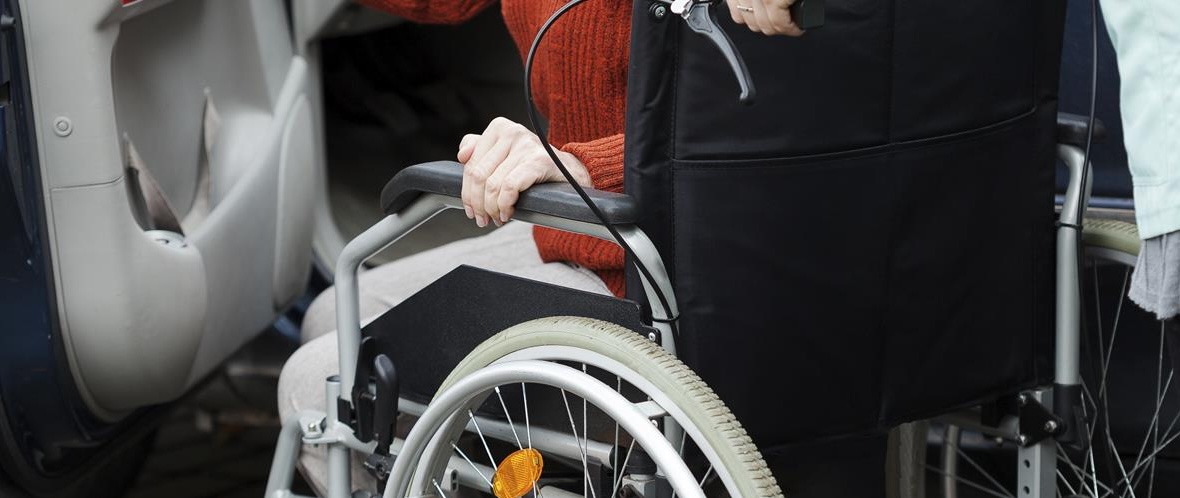One study found that 49% of clinicians’ work hours are spent on clerical tasks and interfacing with the EHR and only 33% of the time is spent on performing clinical work.1
Burnout in healthcare is a multi-stakeholder problem
Clinician burnout is a significant problem that has been exacerbated by the pandemic. It’s not just clinicians who are experiencing burnout, but also patients, their caregivers, and healthcare professionals. The main source of stress is the pressure to do more with less, along with the obstacles caused by difficult-to-use technology and bureaucratic processes that don’t seem to contribute to helping the care of patients.
The impact of Electronic Health Records (EHR) on clinician burnout
A recent study found that 58% of clinicians reported feeling burned out with 80% citing EHRs as a contributing factor to their burnout.2 So, one of the biggest contributors to clinician burnout is the poor usability of electronic health records (EHRs). This can lead to feelings of being overwhelmed, frustrated, and burnt out.
Additionally, siloed EHR systems can make it difficult for care teams to collaborate and communicate effectively. Clinicians are forced to process too much information, perform too many mouse clicks, and receive too many intrusive alerts, which leaves them feeling dominated by the EHR and its endless demands. One study found that for every hour of clinical work, clinicians spend two hours on clerical or EHR-related tasks.3
How a Digital Care Record can alleviate clinical burnout
A Digital Care Record (DCR) can help alleviate clinician burnout by providing a comprehensive view of patient data, digitising care coordination and transfers of care, and making more informed decisions at the point of care. DCRs also provide real-time feedback and alerts to help identify potential issues and facilitate communication and collaboration among members of the care team.
DCRs also address the issue of EHR usability by delivering the right data at the right time, allowing clinicians to make informed decisions more efficiently. They also provide a seamless transition between population-level care and individual care, enabling clinical teams to deliver the right care to the right patients at the right time and in the right place.
A 2019 study showed that 92% of clinicians using a DCR reported increased productivity, and 86% reported a reduction in time spent on administrative tasks.4 The comprehensive view of patient data also reduces the need for duplicate testing and procedures, freeing up time for more patient interaction and care. By alleviating the burden of administrative tasks and improving collaboration among care teams, DCRs help clinicians focus on what they do best: providing empathetic and compassionate care to their patients.
How Orion Health can help tackle the issue of clinician burnout
Our Amadeus Digital Care Record provides an integrated platform that consolidates patient data across care settings, enabling enhanced care coordination and population health management. This can significantly reduce stress and improve the clinician-patient relationship.
By using technology to make the right thing the easy thing to do, Orion Health can help clinicians provide better care to their patients while reducing the risk of burnout.
Interested in learning more about how a Digital Care Record can help alleviate clinician burnout?
REFERENCES
- Sinsky, C., Colligan, L., Li, L., Prgomet, M., Reynolds, S., Goeders, L., … & Murphy, J. (2016). Allocation of physician time in ambulatory practice: a time and motion study in 4 specialties. Annals of Internal Medicine, 165(11), 753-760.
- Shanafelt, T. D., Boone, S., Tan, L., Dyrbye, L. N., Sotile, W., Satele, D., West, C. P., Sloan, J. A., & Litjen Tan, D. (2016). Burnout and satisfaction with work-life balance among US physicians relative to the general US population. Archives of Internal Medicine, 175(2), 187–193. https://pubmed.ncbi.nlm.nih.gov/22911330/
- Sinsky, C., Colligan, L., Li, L., Prgomet, M., Reynolds, S., Goeders, L., … & Murphy, J. (2016). Allocation of physician time in ambulatory practice: a time and motion study in 4 specialties. Annals of internal medicine, 165(11), 753-760.
- U.S. Department of Health and Human Services, Office of the National Coordinator for Health Information Technology. “Improving the Health Records Request Process for Patients: Insights from User Experience Research.” HealthIT.gov. Last updated November 15, 2019. Accessed May 10, 2023. https://www.healthit.gov/sites/default/files/playbook/pdf/ONC-Records-Request-Research-Report.pdf




